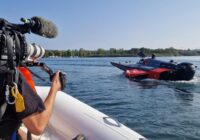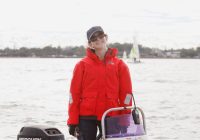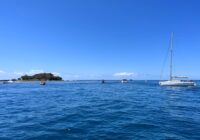Boating app, Deckee the pioneer of marine technology in Australia, today launches its new signal safety technology that will allow users to share their location in real time with friends, family and the community while out on the water.
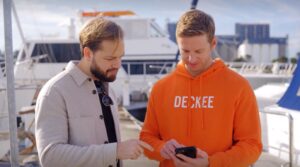
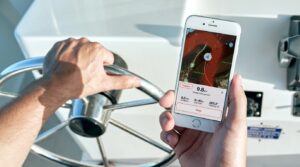
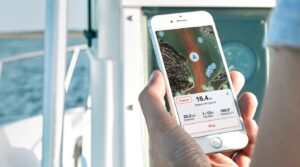
The Australian tech startup has the endorsement of multiple state governments and industry organisations, such as Transport for NSW, Marine Safety Western Australia, Marine and Safety Tasmania, and the Boating Industry Association. With over 250 million data points and 300,000 users in 29 countries, Deckee has cemented itself as a global leader keeping boating enthusiasts safe.
In the last two years, there have been reports of a higher than normal proportion of fatal incidents occurring on open (ocean) waters – 55% in 2019–20 versus 32.5% over 10 years, with record spikes as a result of COVID-19. According to the most recent Boating Incidents report by Transport NSW, there were 25 boating fatalities, 39 serious injuries and 284 boating related incidents recorded in the 12 month period to 30 June 2020. The number of fatalities has increased by 127.3% during 2018–19 and was nearly 80% above the long–term annual average.
Aussie app Deckee has experienced record growth post COVID-19 with the maritime industry inundated with new boaters hitting the waterways, at levels not seen since the Great Recession.
Deckee’s free app has helped keep its users safe as more and more Aussies will hit the ocean waters, with varying degrees of skill and experience, Deckee’s anonymised, data-driven insights help plan and understand boating activity with unprecedented accuracy, that help prevent accidents and identify behavioural trends using granular, customised reporting.
Deckee aggregates and anonymises its user data to allow real time heat mapping and data that can determine the time of day, week or month that waterways are congested or experiencing issues. The free app that helps keep its users safe on the water with navigational aids, real-time weather forecasts, crowdsourced reports and official safety alerts. It’s new signal technology, is the first of its kind in Australia and will help boaters share their real-time location on the water with friends and family to keep them informed and give them peace of mind.
There are more than 500,000 people who hold a licence to drive a powered vessel, and nearly 250,000 registered vessels in the state. Almost 1 in 5 NSW households own a boat or watercraft and it is estimated 2 million people go boating each year on the state’s waterways.
Deckee was founded by Port Stephens local Mike McKiernan, who after working in the boating industry for a decade saw a need for a platform to exist to keep the waterways safer.

“Deckee is unlike anything else in the marketplace and was created to aim and assist anyone hitting
the water as a tool to be safer and decrease the frequency of accidents. Post COVID-19 we’ve seen record numbers of people hitting the waters, all with varying degrees of skill and knowledge. Deckee helps bridge the gap by using anonymised data-driven insights to help plan and understand boating activity with unprecedented accuracy, which help prevent accidents and identify behavioural trends using granular, customised reporting,” says McKiernan.
“Deckee early on has had the support and endorsement of the largest government and industry authorities who have all recognised not only the need but the potential for Deckee’s tech and insights. This year we plan to expand and scale our operations, moving into new territories and markets including a large push into overseas markets like The United States,” he said.
From today, Deckee has opened expressions of interest for its Equity Crowdfunding campaign with leading platform Equitise where everyday Aussies, marine and boating enthusiasts can invest in the platform for as little as $500 and become a shareholder in an Aussie success story with ambitions to raise up to $1 million.
For more information about Deckee’s Equity Crowdfund campaign with Equitise head to Deckee Equitise Page to register your interest in the offer.





